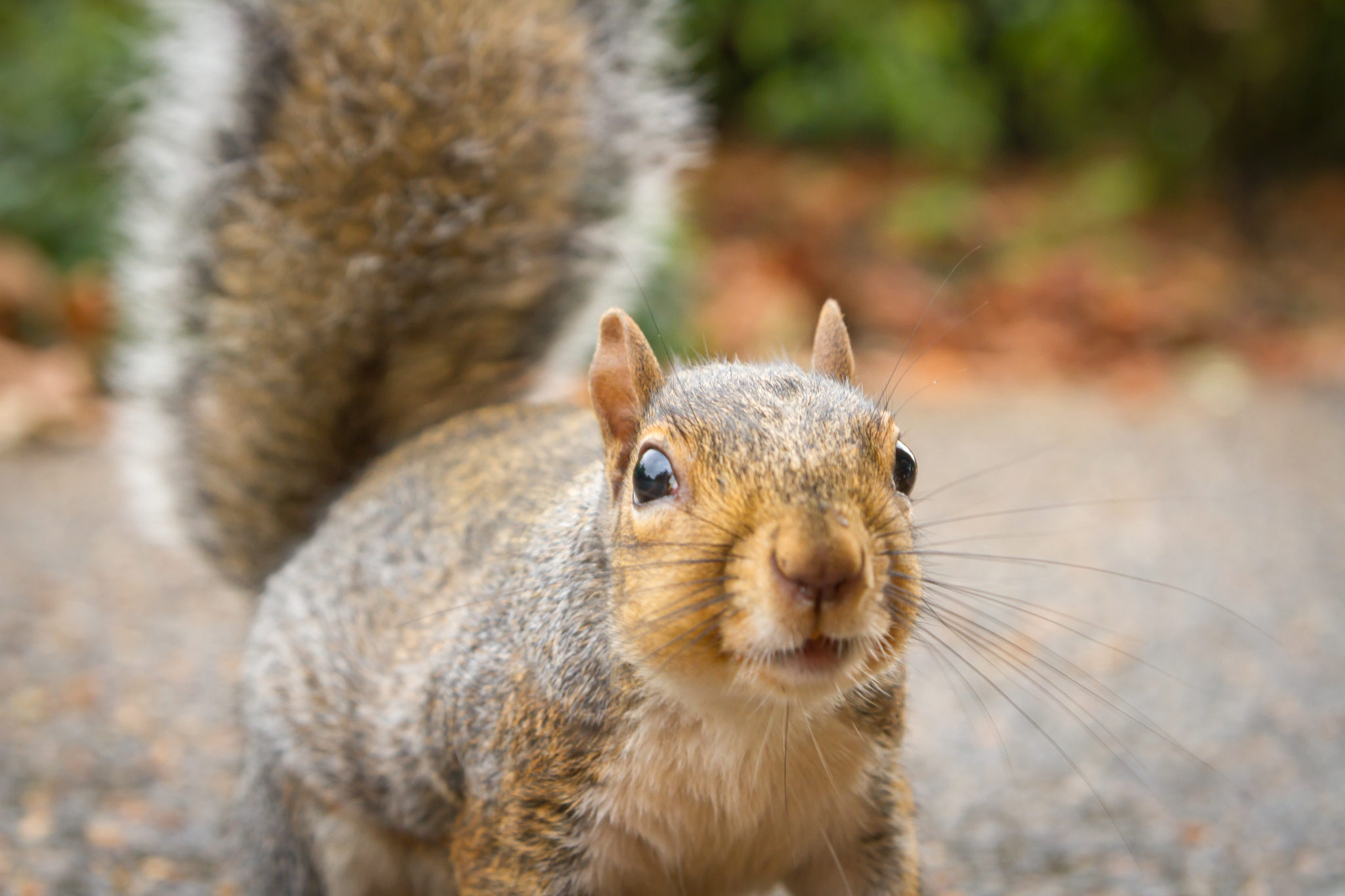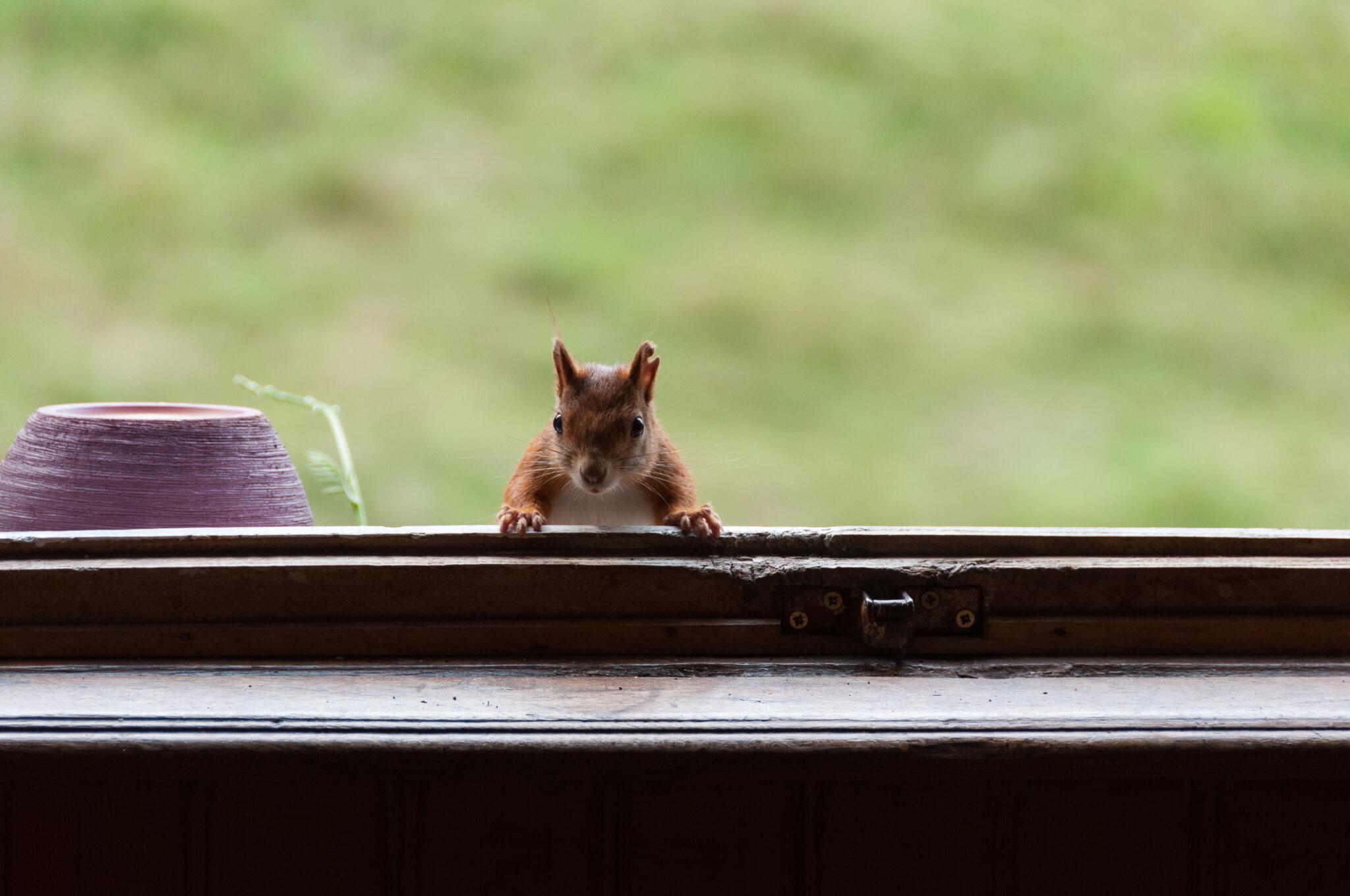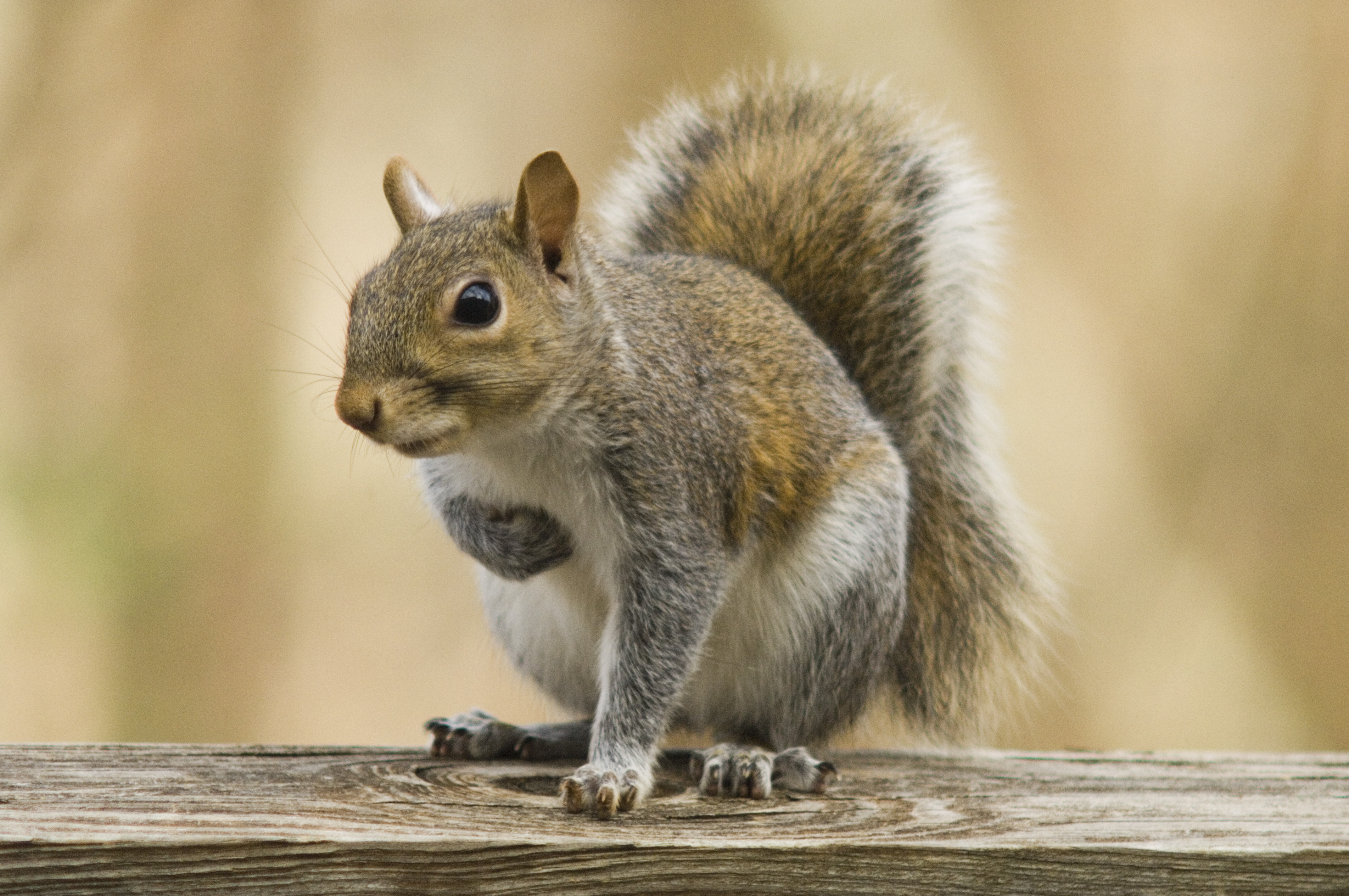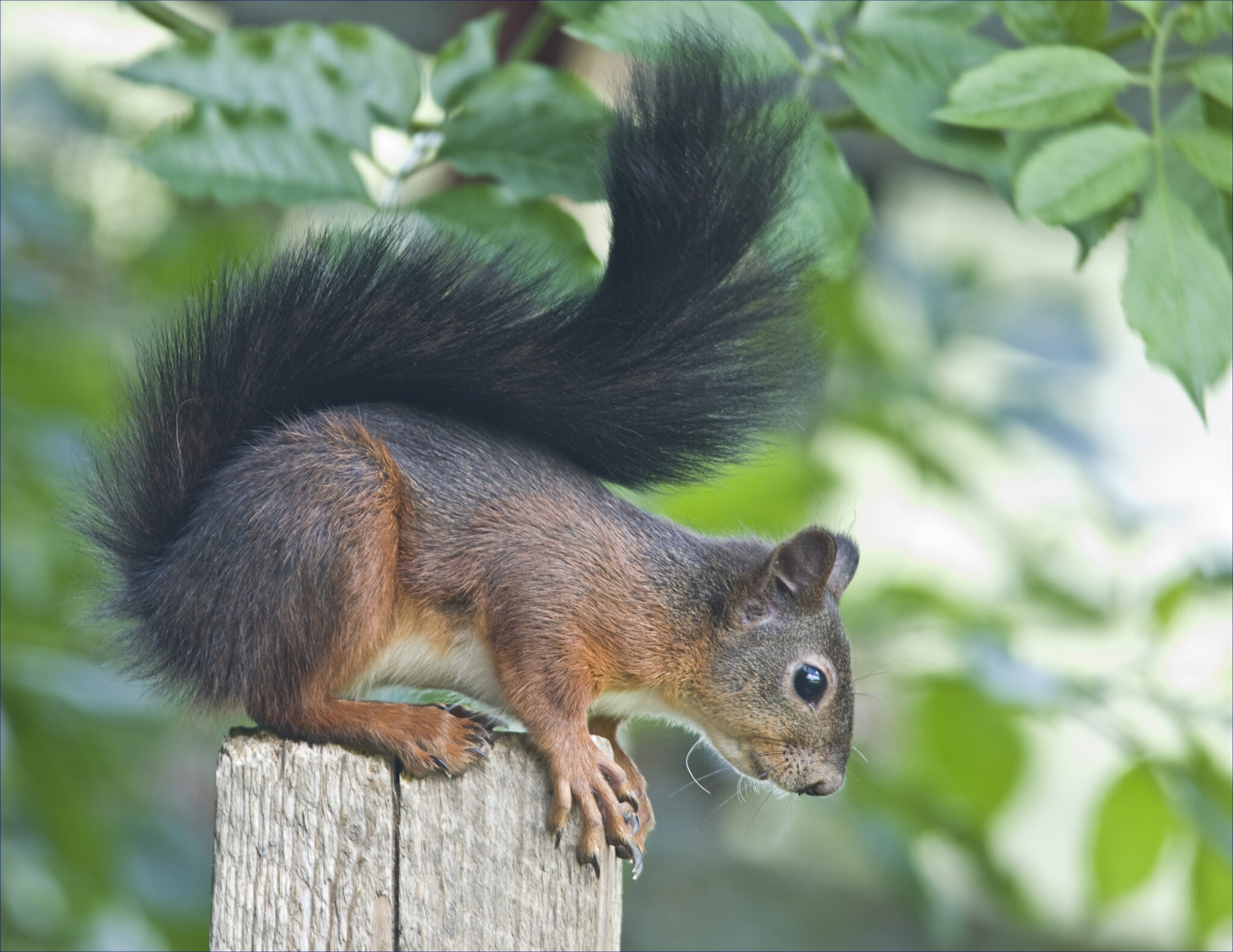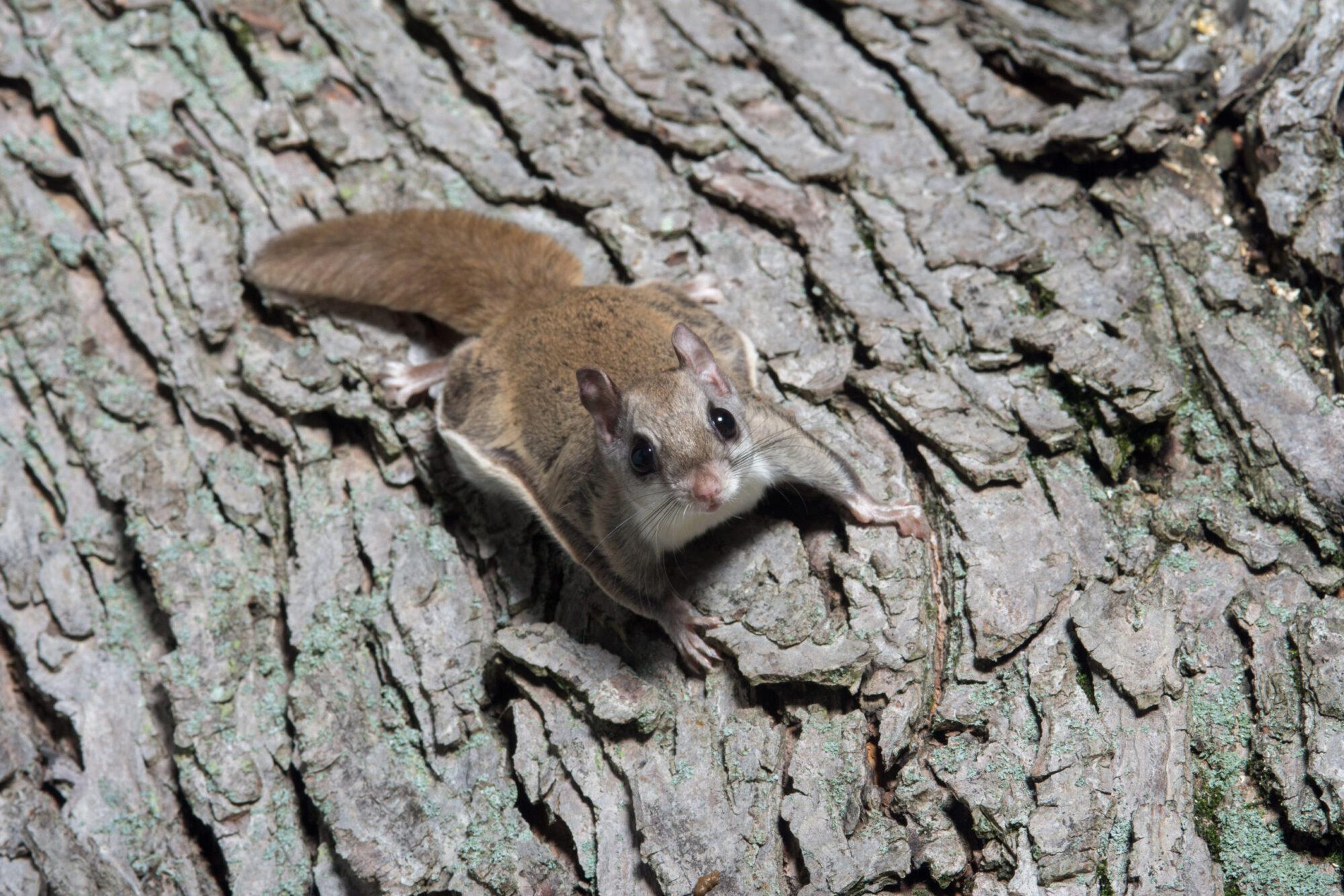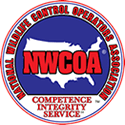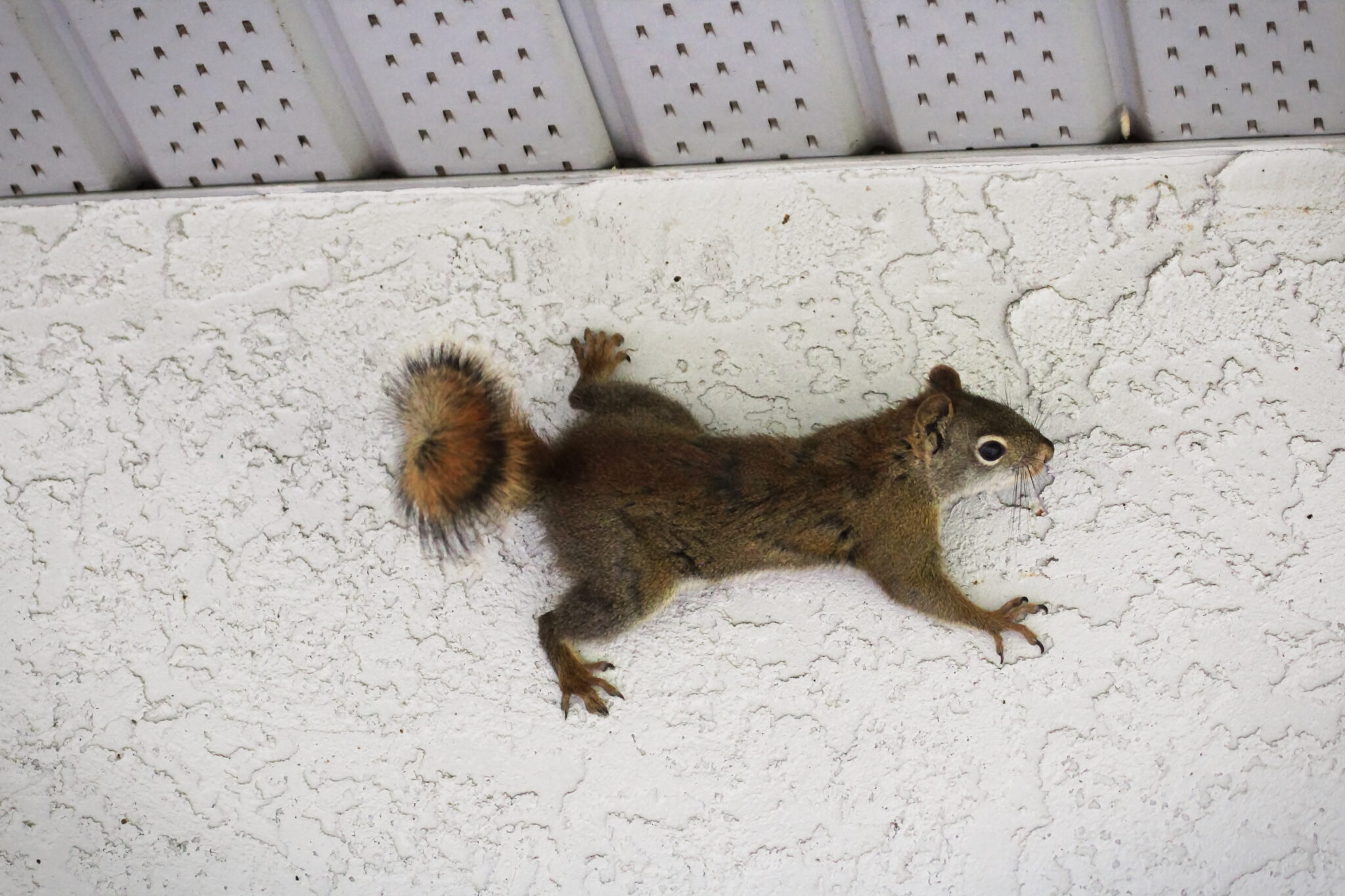
How Can I Prevent Squirrels from Entering My Home?
How Can I Prevent Squirrels from Entering My Home?It would be nice if you could keep squirrels out of your home before calling a pest control company like ours. And we’ve got good news!There are steps you can take to vastly reduce your chances of acquiring a squirrel problem. Inspect Your

